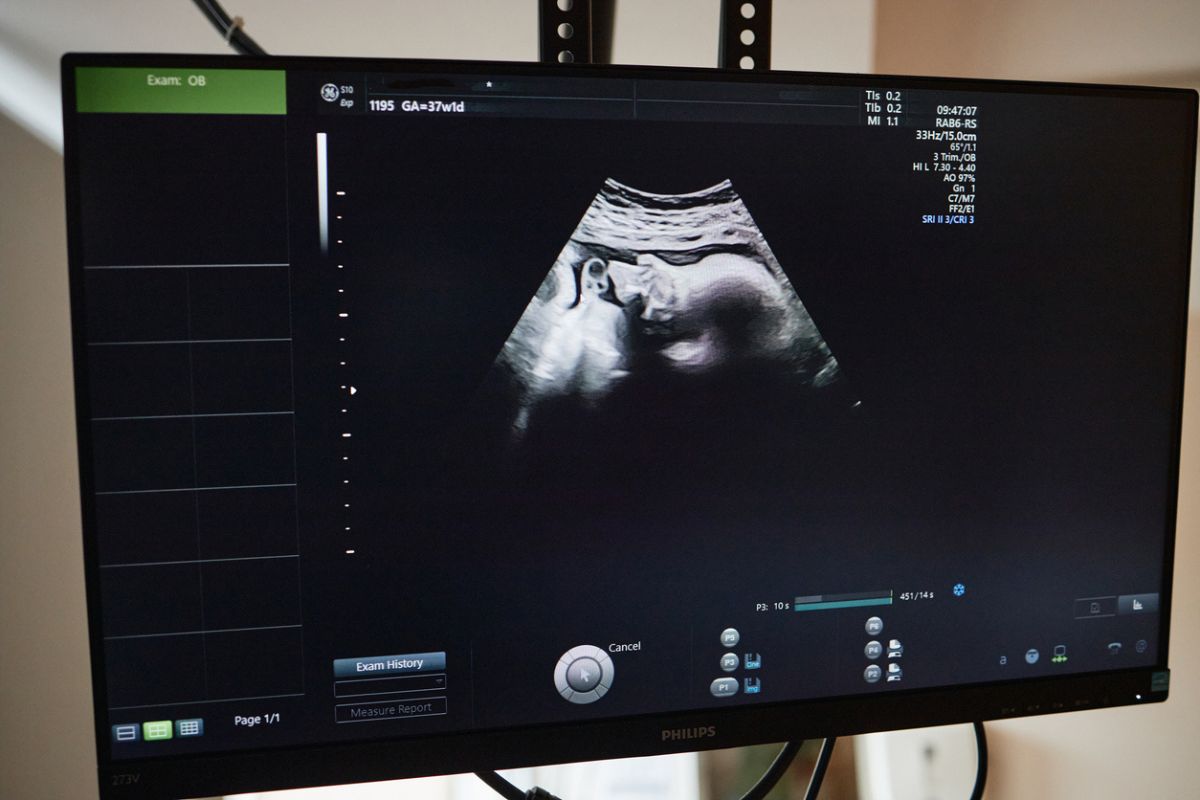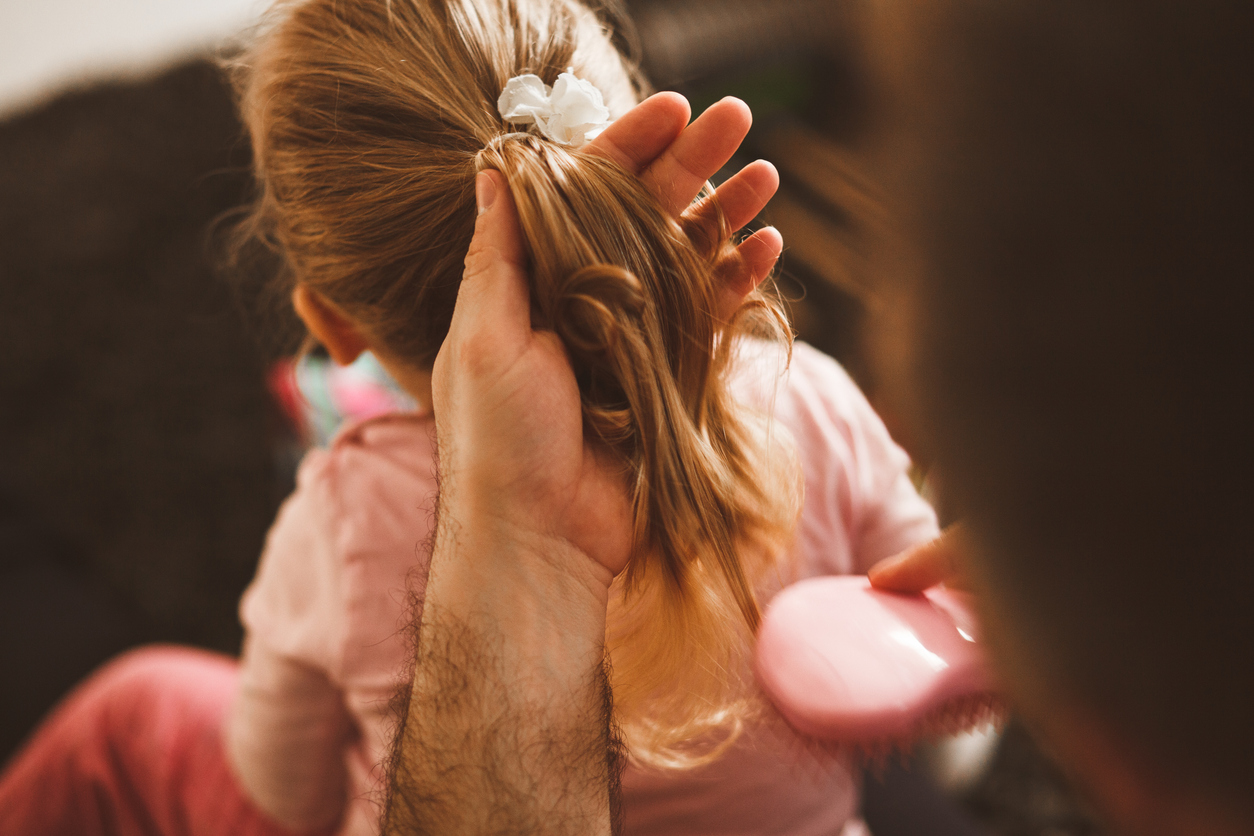It turns out that the oldest child might have more than advice (and animus) to pass on to their younger siblings.
A group of British researchers published a report that argues that adverse childhood experiences (ACEs) of firstborn kids can boost the likelihood of mental health problems and healthcare needs for their younger siblings.
The research, based on a massive, nationally representative UK cohort, answers questions about the domino effect of ACEs within families. It also helps pave the way for developing early, effective intervention strategies to support vulnerable kids – and their parents.
What Did They Find?
The first-of-its-kind study followed more than 333,000 first-time mothers and their 534,904 children for 18 years. The researchers looked through their healthcare records from general practices, emergency departments, outpatient clinics, and hospitals. Specifically, they assessed the impact of six different ACE domains, including:
- Child maltreatment.
- Intimate partner violence.
- Maternal substance misuse.
- Maternal mental health issues.
- Adverse family environments.
- And high-risk child maltreatment presentations.
“Whilst previous research has focused on the impact of adverse childhood experiences on individual children, our study reveals a cascading health risk that extends beyond the individual, impacting on the health of siblings as well,” lead author Shabeer Syed, DClinPsych, with the UCL Great Ormond Street Institute of Child Health, explained. “This likely stems from the continuation of adverse childhood experiences within the family.”
The team uncovered a devastating ripple effect:
- More than 37.1% of firstborns endured ACEs between 1 and 2 years of age.
- On average, for every 100 moms with ACE-exposed firstborns, 29.8 children had mental health issues, compared to 17.4 children per 100 mothers who avoided exposure.
- Mothers with firstborns exposed to ACEs were 1.71 times more likely to have multiple children with mental health problems between the ages of 5 and 18.
Additionally, the researchers found that these families also experienced higher rates of emergency admissions and mental health-related healthcare contacts. It’s also worth noting that the elevated risk of mental health problems persisted across all ACE indicators among firstborns.
Broader Implications
The study’s authors stress how important early and sustained family support can be for first-time parents and their newborns.
“Adverse childhood experiences in firstborns represent strong indicators of increased mental health problems for multiple children in the family,” the lead researcher explained. “This highlights the need for early identification and policy focus on sustained family support beyond the first 1,000 days.”
The researchers point to multiple factors that they say play a role in the relationship between ACEs in firstborns and what it does to their siblings. Continued exposure to adversities and familial risk factors, to take one example, could make the whole family more susceptible to mental health issues.
Moving Forward
The study’s authors argue that policymakers should re-examine existing public health programs that target vulnerable families. Although initiatives such as perinatal mental health services and nurse-led home visits have shown some success, access remains a challenge.
“Prevention of childhood mental health problems through intensive support in early life for parents and their first and subsequent children could potentially benefit multiple family members,” senior author Ruth Gilbert, MD – with the UCL Great Ormond Street Institute of Child Health – said. “Research is needed to assess whether early community support from health visitors, GPs and practical parenting support for families whose first or subsequent children are affected by adverse childhood experiences reduces mental health problems later in childhood.”
This research underscores just how crucial it is to establish sustained support for first-time parents and their children. By addressing these events in the firstborn as they occur, healthcare systems can help mitigate long-term mental health risks for every family member, while fostering better health outcomes and slashing the economic burden of mental health issues.
Further Reading
Could Media Violence Be Driving Antisocial Behavior In Boys?
Outcome Predictors in Youth With Mental Disorders
A Comparison of 3 Scales for Measuring Adolescent Depression



